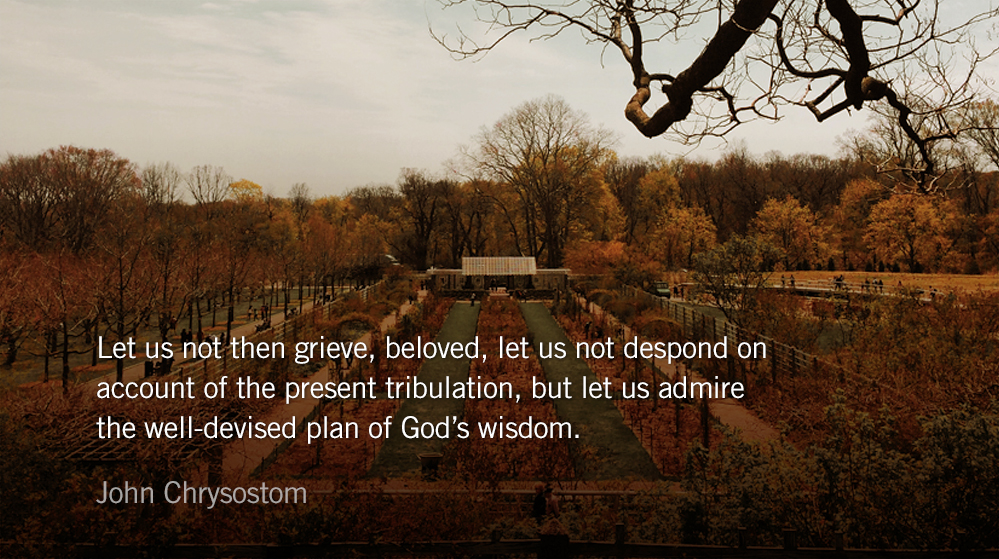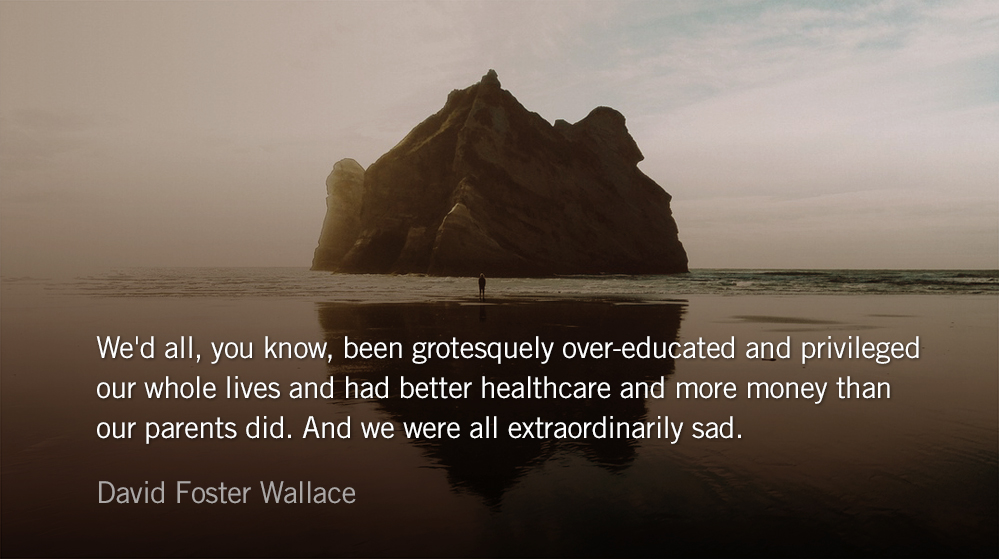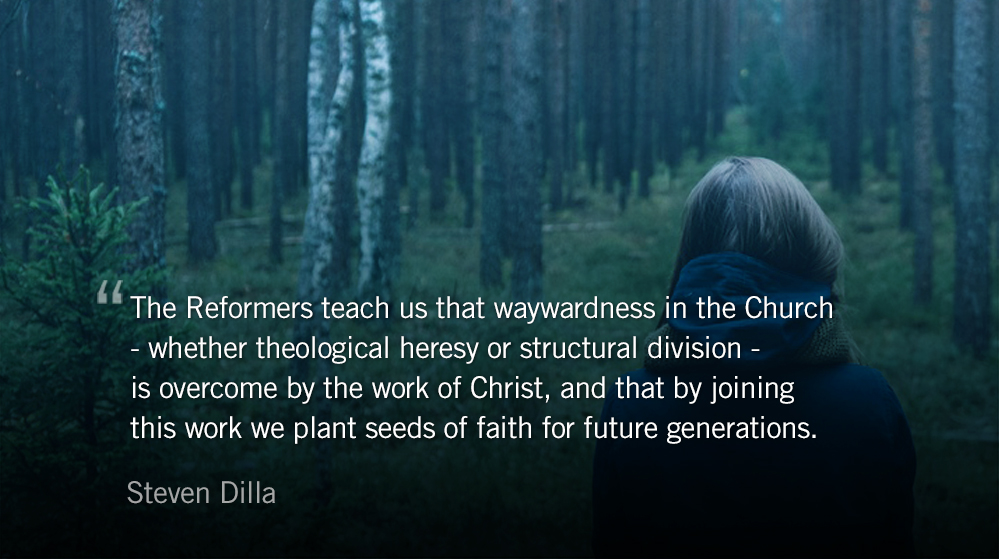By Charles Haddon Spurgeon (1834-1892)
For the word of the king is supreme… Whoever keeps a command will know no evil thing, and the wise heart will know the proper time and the just way. — Ecclesiastes 8.4-5
God alone is rightfully sovereign without limit. He is King in the most absolute sense; and so it should be; for He is supremely good, wise, just, and holy. We must look nowhere else for power. We must rely upon the Word of our King as the instrument of power whenever we seek to do works in His name.
- Preach it: for nothing else will break hard hearts, comfort the despairing, encourage faith, or produce holiness.
- Plead it in prayer: for the Lord will surely keep His own promises, and put forth His power to make them good.
- Practice it: for none can ignore a life which is ordered according to the precepts of the Lord. An obedient life is full of power before which men and devils do homage.
- Spend much time in the royal Word.
- Speak more than ever the King’s Word, which is the gospel of peace.
- Believe in the Word of King Jesus, and be bold to defend it.
- Bow before it, and be patient and happy.
No language ever stirs the deeps of my nature like the Word of God; and none produces such a profound calm within my spirit. As no other voice can, it melts me to tears, it humbles me in the dust, it fires me with enthusiasm, it fills me with happiness, it elevates me to holiness. Every faculty of my being owns the power of the sacred Word: it sweetens my memory, it brightens my hope, it stimulates my imagination, it directs my judgment, it commands my will, and it cheers my heart.
The word of man charms me for the time; but I outlive and outgrow its power; it is altogether the reverse with the Word of the King of kings: it rules me more sovereignly, more practically, more habitually, more completely every day. Its power is for all seasons: for sickness and for health, for solitude and for company, for personal emergencies and for public assemblies.
I had sooner have the Word of God at my back than all the armies and navies of all the great powers; ay, than all the forces of nature; for the Word of the Lord is the source of all the power in the universe, and within it there is an infinite supply in reserve.
* Excerpt from Charles Haddon Spurgeon’s God Our King in The Attributes of God.
Today’s Reading
Ecclesiastes 8 (Listen – 2:41)
2 Timothy 4 (Listen – 2:48)






